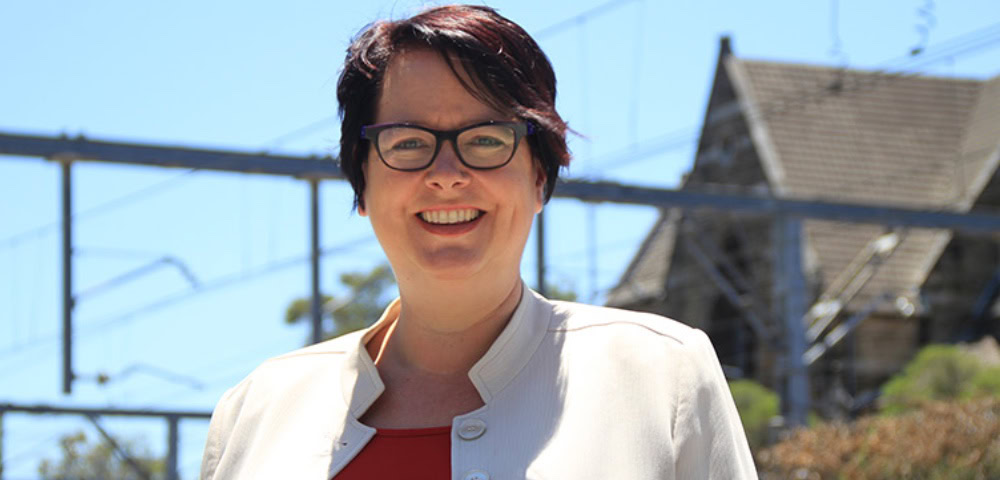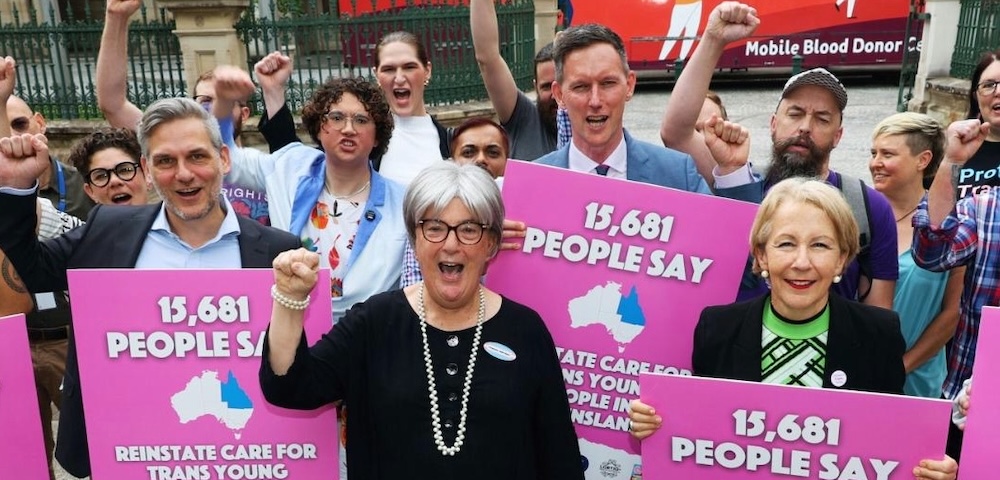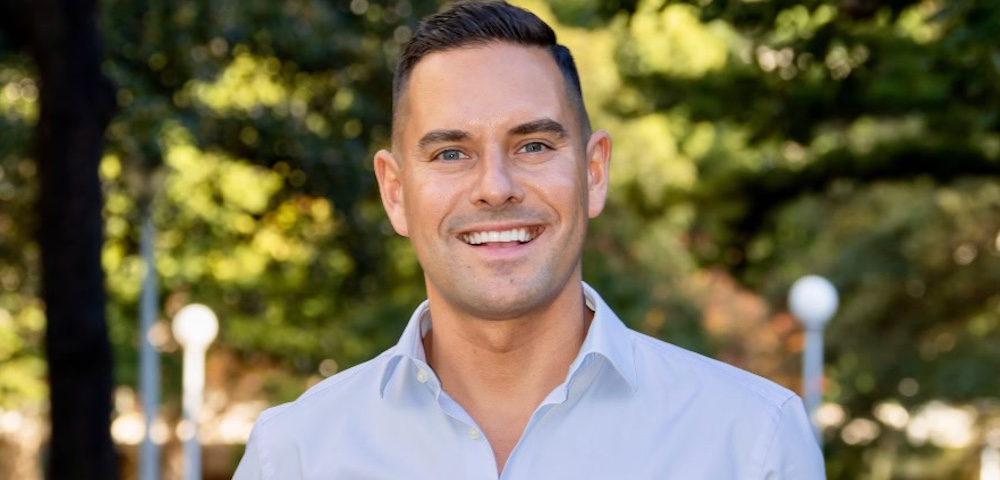
Penny Sharpe Steps Down From NSW Labor Front Bench Over HIV Testing Bill

A senior member of the NSW Labor party resigned from the front bench in opposition to the party’s support of the controversial Mandatory Disease Testing Bill.
In a letter to NSW opposition leader Jodi McKay, MLC Penny Sharpe wrote that she would be stepping back from Labor’s front-bench, and as deputy leader in the upper house, due to the party’s support of the Mandatory Disease Testing Bill which she was ardently against.
Sharpe, the first open lesbian person to serve in the New South Wales parliament, held the cabinet positions of shadow minister for disability inclusion and shadow minister for family and community services.
She said while it was a “great honour” to serve in the shadow cabinet, her opposition to the bill, which has been supported by Labor, made her position “untenable.” She said the decision to step aside is one of the most difficult she has ever had to make.
“I resign from these positions with great sadness but I do so because I know that the decision to abstain from the final vote on the Mandatory Disease Testing Bill put me at odds with Labor’s position on this bill and in doing so made my position in shadow cabinet untenable,” she said.
The deal breaking bill
The proposed legislation, the Mandatory Disease Testing Bill, would enforce compulsory testing of people whose bodily fluids have come into contact with frontline health, emergency or public sector workers.
Anyone over the age of 14 whose deliberate action led to bodily fluids coming into contact with a frontline worker, or was involved in an incident where a frontline worker feels they are at risk of contracting a bloodborne disease, would be ordered to provide a blood sample. Failure to comply with that order would result in a $11,000 and or up to 12 months imprisonment.
While the bill is designed to protect frontline health and emergency workers, the necessity of the legislation has been questioned. There have been no cases of a health worker in NSW being infected with HIV after exposure in the workplace since 1994.
The state’s leading LGBTQI health organisation, ACON, said the bill was not necessary and would further stigmatise HIV positive people and hepatitis sufferers while providing no extra protection to frontline workers.
“This Bill does not afford real protections for our frontline workers – our current policies and procedures do, as evidenced by the fact that there has not been an incidence of occupational transmission of HIV for emergency service workers in more than 15 years,” ACON CEO Nicolas Parkhill said in a statement.
“This current Bill hands decision-making and assessment of risk over to untrained, non-experts. It is not based on evidence and will only perpetuate fears, uncertainty, and anxiety about how to properly manage exposures to bodily fluids.”
NSW Health have also spoken out against the bill, with the department’s evidence suggesting it could even make health workers more unsafe. They said while frontline health workers coming into contact with bodily fluids is not uncommon, the risk of infection from such incidents is very low and forcing people to submit to blood tests could make them distrust health workers.
“If people are discouraged from accessing treatment, then in fact the risk may increase, both to the people in the community as well as the workers that are looking after them,” said Michelle Cretikos, executive director with NSW Health‘s population and public health division.
“It‘s likely to reduce people’s trust in the health services … and may reduce access to treatment and access to care.”
Inflating sense of risk
Ms. Sharpe agreed. In her speech on the legislation, she said the bill would give frontline workers the impression they were at a high risk of transmission if exposed to bodily fluids, even if they are not, and that testing need only be done where “there is an actual risk to that worker.”
“If mandatory testing would guarantee that frontline workers could have peace of mind; if it would stop the need for them to follow risk management protocols after an incident; if it would prove that there is no chance that they had been infected then I would be more comfortable with this bill,” she said before parliament.
“Mandatory testing does not do this.”
She said the bill would impact vulnerable communities such as those with drug or alcohol issues, as well as people going through mental health crises. Voting with Labor for the bill, even with amendments, she said, was at odds with the work she had been doing to campaign for the de-stigmatisation of blood-borne infections.
“I have campaigned with others to remove the stigma faced by those who have been infected with HIV and hepatitis. I remain committed to this work,” she said.
Responding to Ms. Sharpe’s announcement she would be stepping down from the front bench, NSW Labor leader Jodi McKay said she understood the decision was difficult and wished her well.
“I wish Penny well and note she remains a valuable member of the Labor team,” she said in a statement.
“She has committed to doing everything she can to help Labor win the trust of the people of NSW and be returned to government in 2023.”
The bill, which has the support of Labor and the government, will return for a vote in the lower house when parliament resumes next month.









